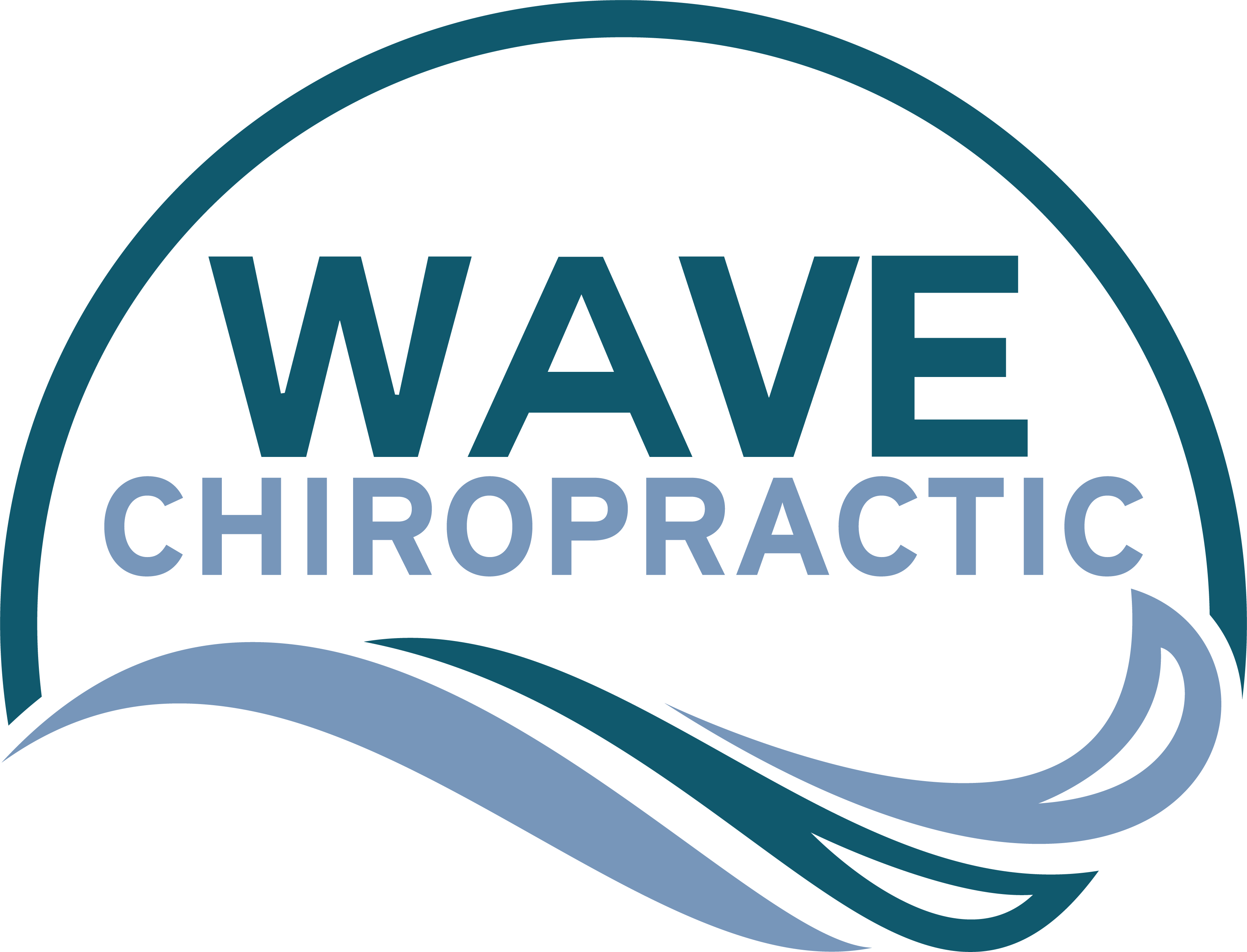If you're struggling with chronic migraines, you know that finding effective relief can feel overwhelming. You might have already tried various treatments, but have you considered how lifestyle changes or dietary adjustments could make a difference? Exploring different strategies can lead to improved management, and even small modifications might yield significant results. By understanding the interplay between these factors and your migraines, you could reveal new paths to relief. What specific changes could you implement today to start your journey toward a more manageable life?
Lifestyle Modifications
Making a few key lifestyle modifications can greatly reduce the frequency and intensity of chronic migraines. First, establishing a consistent sleep schedule is vital. Aim to go to bed and wake up at the same time every day, even on weekends. This regularity helps regulate your body's internal clock, which can minimize migraines.
Next, consider your stress management techniques. High stress levels can trigger migraines, so integrating relaxation practices into your daily routine is essential. Techniques like deep breathing, meditation, or yoga can help you cope better with stress. Even a short daily walk can clear your mind and reduce tension.
Another important aspect is staying hydrated. Dehydration is a common migraine trigger, so make sure you drink enough water throughout the day. Keep a water bottle handy to remind yourself to sip regularly.
Additionally, taking breaks from screens can make a big difference. If you spend long hours in front of computers or devices, schedule regular breaks to rest your eyes and reduce strain. Aim for a 20-20-20 rule: every 20 minutes, look at something 20 feet away for 20 seconds.
Lastly, engaging in regular physical activity can help prevent migraines. Aim for at least 30 minutes of moderate exercise most days, as it releases endorphins that can alleviate pain.
Dietary Considerations
Diet plays an essential role in managing chronic migraines, as certain foods can either trigger or alleviate symptoms. To take control of your migraines, it's important to identify which foods affect you personally. Keeping a food diary can help you track your meals and any migraine occurrences, making it easier to spot patterns.
Common migraine triggers include aged cheeses, processed meats, and foods high in additives, like MSG and artificial sweeteners. You might also want to avoid caffeine and alcohol, as both can contribute to dehydration and trigger headaches.
On the flip side, certain foods may help reduce migraine frequency and severity. Incorporating magnesium-rich foods like leafy greens, nuts, and whole grains can be beneficial, as magnesium deficiency is linked to migraines. Omega-3 fatty acids found in fatty fish like salmon and walnuts can also provide anti-inflammatory benefits.
Staying hydrated is vital, too. Dehydration is a common headache trigger, so aim to drink plenty of water throughout the day. Additionally, regular meals can help maintain stable blood sugar levels, which is important for preventing migraines. When planning your meals, focus on whole, unprocessed foods that nourish your body.
Lastly, consider discussing specific dietary changes with a healthcare professional. They can help tailor a plan that addresses your unique needs and preferences, guiding you toward a diet that supports your overall health and minimizes migraine attacks.
Medical Treatments
While dietary changes can greatly impact your migraine management, medical treatments are often necessary for more severe cases. If you find that your migraines are persistent and debilitating, it's crucial to consult with a healthcare professional who can guide you through effective medical options tailored to your needs.
There are two primary categories of migraine medications: acute and preventive treatments. Acute treatments aim to relieve symptoms during a migraine attack. Common options include over-the-counter pain relievers like ibuprofen or acetaminophen. Triptans, which are prescription medications, can also be effective for many people. They work by narrowing blood vessels and blocking pain pathways in the brain, providing significant relief when taken early in an attack.
On the other hand, preventive treatments are designed to reduce the frequency and severity of migraines over time. Your doctor may prescribe daily medications such as beta-blockers, anticonvulsants, or certain antidepressants. Newer options, like CGRP inhibitors, have also emerged as promising preventive measures.
It's important to communicate openly with your healthcare provider about your migraine frequency, triggers, and any side effects you experience. This way, they can adjust your treatment plan as needed.
Alternative Therapies
When seeking relief from chronic migraines, alternative therapies can offer valuable options alongside traditional medical treatments. Exploring these therapies may help you find a combination that alleviates your symptoms and improves your quality of life.
Acupuncture is one popular alternative therapy that many people find beneficial. This ancient practice involves inserting thin needles into specific points on your body, which may help to reduce migraine frequency and intensity. You might want to consult a licensed acupuncturist to determine if this approach fits you.
Another option is massage therapy. Regular massages can relieve muscle tension and promote relaxation, which may help prevent migraines. Consider scheduling sessions with a certified massage therapist who understands your needs, particularly focusing on areas around your neck and shoulders.
Herbal supplements, like butterbur and feverfew, are also worth considering. Some studies suggest that these herbs may reduce the frequency of migraines. However, it's important to consult with your healthcare provider before starting any new supplements to verify they're safe for you.
Additionally, chiropractic care can aid some individuals. Spinal adjustments may improve alignment, potentially leading to fewer migraines. If you're interested, look for a chiropractor experienced in treating migraines.
Lastly, incorporating mind-body techniques, such as yoga and tai chi, can enhance relaxation and improve your overall well-being. These practices not only help with managing pain but also promote a healthier lifestyle.
Stress Management Techniques
Managing stress is essential for those dealing with chronic migraines, as stress often acts as a trigger for these debilitating headaches. To effectively manage stress, you can implement various techniques that fit your lifestyle and preferences.
First, consider incorporating mindfulness meditation into your daily routine. Just a few minutes of focused breathing can help calm your mind and reduce anxiety. You might also benefit from progressive muscle relaxation, where you tense and then relax each muscle group, helping to release tension that could contribute to your migraines.
Physical activity is another excellent way to alleviate stress. Aim for at least 30 minutes of moderate exercise most days. Whether it's a brisk walk, yoga, or dancing, find an activity you enjoy. Exercise releases endorphins, which can elevate your mood and decrease stress levels.
Don't overlook the importance of sleep. A consistent sleep schedule improves your overall well-being and can reduce migraine frequency. Create a calming bedtime routine and aim for 7-9 hours of quality sleep each night.
Lastly, don't hesitate to reach out for support. Talking to friends, family, or a therapist about your challenges can provide relief and new coping strategies.
Conclusion
To summarize, managing chronic migraines involves an all-encompassing approach that includes lifestyle changes, dietary adjustments, medical treatments, and alternative therapies. By prioritizing sleep, staying hydrated, and identifying food triggers, you can greatly reduce the frequency and intensity of your migraines. Incorporating stress management techniques like mindfulness can also make a difference. Remember, it's crucial to work closely with your healthcare provider to create a tailored plan that suits your needs for effective relief and improved quality of life.

